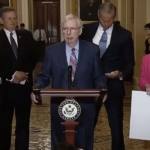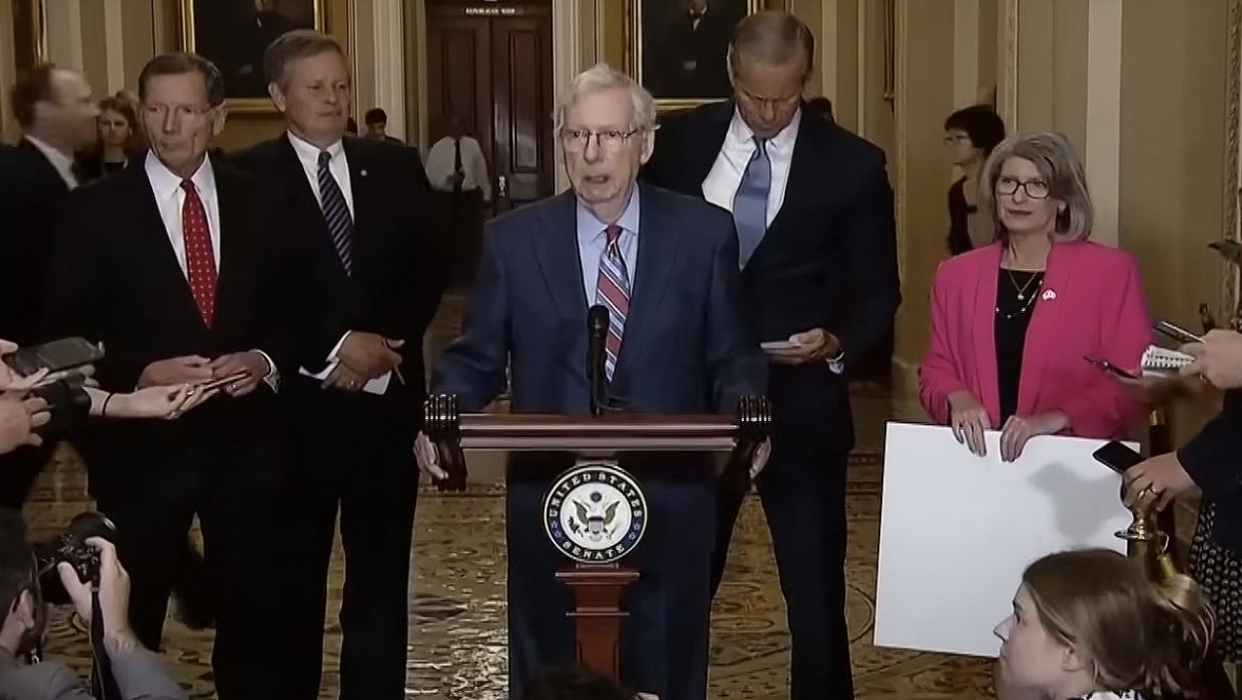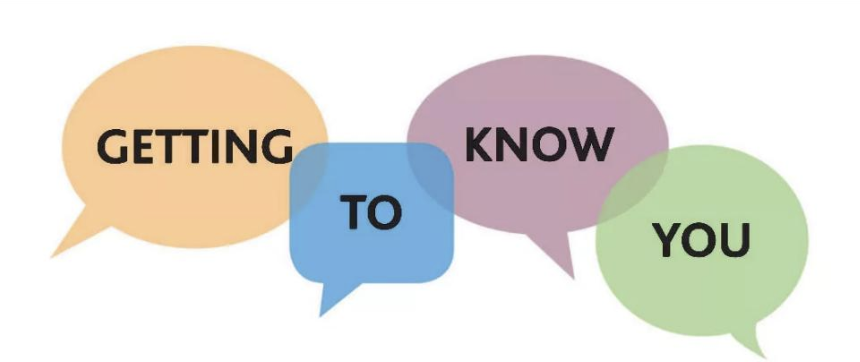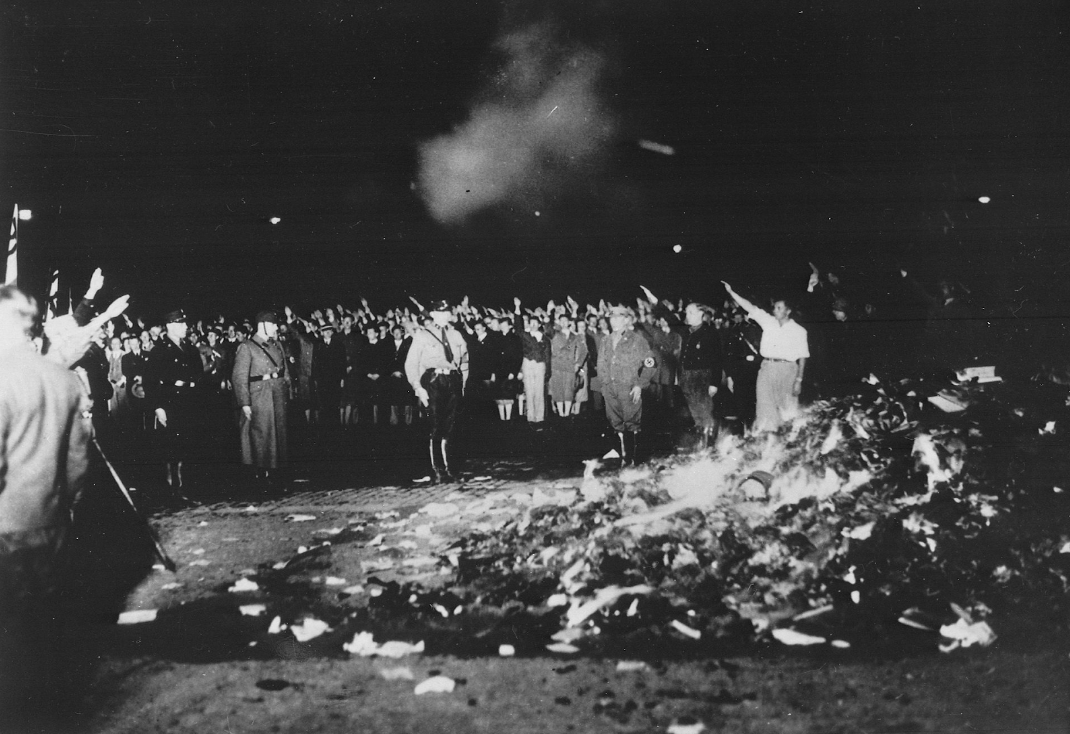HBO’s “Euphoria” is all style but very little substance.
BY: GENEVA LEE
Managing Editor

The dearth of substance in “Euphoria,” despite the proliferation of substances, is hedged by only its beauty and raunch. The vibrant, hallucinogenic cinematography billows upon the beautiful and beautifully-dressed actors, who wear the show’s signature bold makeup, and is set in a backdrop of upper- and middle-class Americana. This makes for pretty moving pictures, but searching and failing to find any real thing that calls and evokes and connects.
For a character-centered show, the people populating Euphoria are inexcusably dimensionless. Despite their teen ages, characters express and talk little, with many scenes lacking any dialogue, spoken or unspoken. Characters are really only given the opportunity to reveal their feelings in monologues that jump out of nowhere, too-late attempts to get viewers to care about characters to whom they’ve felt indifferent for a season or nearly two. It’s like having a high school classmate that I have seen but barely knowly come and tell me her life story out of nowhere.
We’re told, repeatedly, how characters are best friends, but they rarely have conversations of depth and character, or even inconsequentially fun gab. Most interactions between stars Maddie and Cassie are just the former calling the latter a bitch, so it is hard to understand that they feel any emotion, let alone love, toward one another. Nate is constantly rebuked by others in the show for failing to discuss his feelings, but his peers barely have him beat. Rue says many times over that she loves Jules more than anything, but she never shows it, and Jules, despite being my favorite character, is just a manic pixie dream girl. This disconnect with the audience also means that when characters do something bad, instead of the audience being torn with ambivalence from empathy, they see the characters as kinda just…bad people. They’re not compelling.
And poor Cassie is especially noteworthy. She barely resembles an actual human being, with her chest made her defining feature in the show, isolated from all characters, including her abusive quasi-boyfriend, who she slavishly submits to. Cassie lacks agency and is treated like a hysterical harpy because the show makes her one, in which her sole purpose is to trade sex for attention under the guise of love. Though people will go far lengths for romance, this is not relatable, merely misogynistic and cruel.
The topics Euphoria broaches are heavy: substance abuse, gender identity, sexual orientation, patriarchy, household instability, platonic relationships, domestic violence, physical insecurity, and betrayal. But without compelling characters as vehicles, these issues are flat and heavy handed. Including many big, bold, dramatic issues, does not mean that the issues speak for themselves: rather, the writers have so much material to sort through, they must deftly shape and craft each storyline and accompanying themes to make the audience connect and understand what they’re trying to say. And such topics deserve strong writing due to their significance in viewers’ lives.
Yet the writers fail to do this: they’re really not saying anything. Euphoria is merely a nihilistic, complaining, sophomoric work, which audiences the age of the characters may not find to be a problem if they too are angsty teens.
The show does win marks for its thorough LGBTQIA+ representation in many forms, beyond the typical Glee gay-straight dichotomy that doesn’t go beyond coming out (exploring transgendered identities, lesbianism, pan-sexuality, repressed homosexuality, the gender nonbinary).
The show is also centered around women, with two Latin female leads and one mixed-race (Black and white) actress, all of whom have roles of equal weight and depth to the white leads (though there are not a lot of dark-skinned actors in the show, indicating potential colorism).
And the topics are not simply the plights of the ultra-upper class, like in Gossip Girl, but endemic social problems that do affect the viewers. However, again, these characters, though present, do not consistently have their inner selves revealed, are fleshed-out enough for us to truly connect and see ourselves and our experiences in them.
Euphoria doesn’t settle for a label of interesting teen show: it markets itself as transcendent; the pinnacle of young adult media; Film with a capital F that garners Emmys with its HBO kin shows that have redefined television. It may elevate cinematography, but it won’t disrupt or challenge narratives, characters, or writing like other HBO hits.
Euphoria, at best, will set fashion trends and inspire similar shows to be bolder with visuals. At worst, it will provide a background show for nostalgic psychonauts in a decade. Euphoria’s self-importance demands high regard without bringing the quality to earn even respect.
Many viewers watched it upon release every week with friends and started wearing more colorful makeup. But we haven’t learned anything, don’t like or care about the characters, or even root for any of them (other than Jules). It’s an unsatisfying dinner every Sunday every night at 8:00pm that a lot of people still somehow just crave a little. The makeup is fun, and the sex is frequent and mildly entertaining. This show should not be recommended to just anyone, but if you’re under the age of 30 and your friends are watching it, it’s enough to watch to join the chatter and hype.











